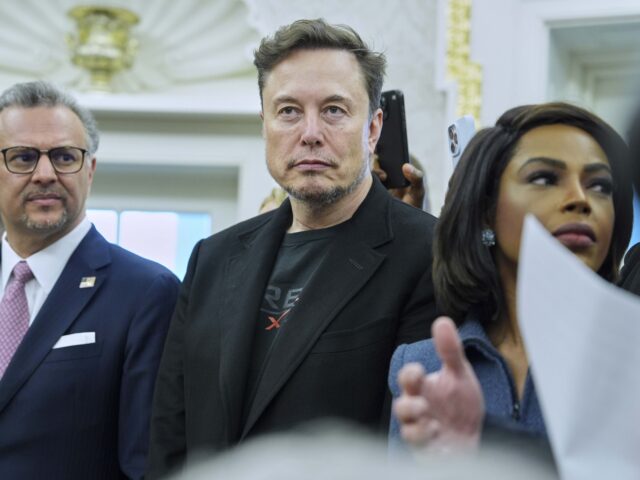South Africa Proposes to Amend Racial Quotas to Allow Elon Musk’s Starlink

The South African government published a draft regulation Friday allowing foreign companies to meet a 30% quota of black ownership through “equivalents” such as investing in projects aimed at economic equality.
The proposal is widely viewed as an attempt to remove a key hurdle that has prevented Elon Musk and his Starlink satellite Internet company from entering the South African market because of Musk’s white race.
Musk has stated on numerous occasions that he is prevented from doing business in his native South Africa because he is not black. What he means is that unless his company has 30% black ownership under South Africa’s Black Economic Empowerment (BEE) laws and regulations, it cannot operate. Musk would have to sell a 30% stake to a black investor; in South Africa, such stakes are typically given to ruling party members.
Minister of Communications and Digital Technologies Solly Malatsi, a member of a former opposition party, the Democratic Alliance, that now serves in a national unity government, said in a press statement Friday that South Africa would now consider “equity equivalent investment programmes (EEIPs)” as counting toward BEE racial quotas to achieve “transformation” — i.e. the racial redistribution of wealth and ownership.
He said:
Currently, the rules around who can acquire a licence to provide electronic communications services or to operate an electronic communications network, require a minimum of 30% shares to be in the hands of historically disadvantaged individuals.
…
EEIPs, provided for under the Broad-Based Black Economic Empowerment Act (Act 53 of 2003) and the ICT [Information and Communication Technologies] Sector Code, allow qualifying multinationals to meet empowerment obligations through alternatives to 30% ownership — such as investing in local suppliers, enterprise and skills development, job creation, infrastructure support, research and innovation, digital inclusion initiatives, and funding for SMMEs [Small, Medium, and Micro Enterprises].
The regulation is still just a draft. But Musk’s Starlink was brought up by South African businessman Johann Rupert during South African president Cyril Ramaphosa’s meeting in the Oval Office with President Donald Trump on Wednesday. Rupert said publicly that South Africa needed Starlink to provide Internet access to the poor, and criticized his own government for rejecting American technological investment in the past.
It is not clear whether South Africa’s proposed regulation change would be a once-off for Starlink, or whether it would lead to wider reform of racial requirements that discourage foreign investment.
The South African government does not appear to consider the fact that many of the “equity” goals listed above can be achieved by ordinary investment and economic growth, without needing to be regulated or forced by the government.
Joel B. Pollak is Senior Editor-at-Large at Breitbart News and the host of Breitbart News Sunday on Sirius XM Patriot on Sunday evenings from 7 p.m. to 10 p.m. ET (4 p.m. to 7 p.m. PT). He is the author of Trump 2.0: The Most Dramatic ‘First 100 Days’ in Presidential History, available for Amazon Kindle. He is also the author of The Trumpian Virtues: The Lessons and Legacy of Donald Trump’s Presidency, now available on Audible. He is a winner of the 2018 Robert Novak Journalism Alumni Fellowship. Follow him on Twitter at @joelpollak.